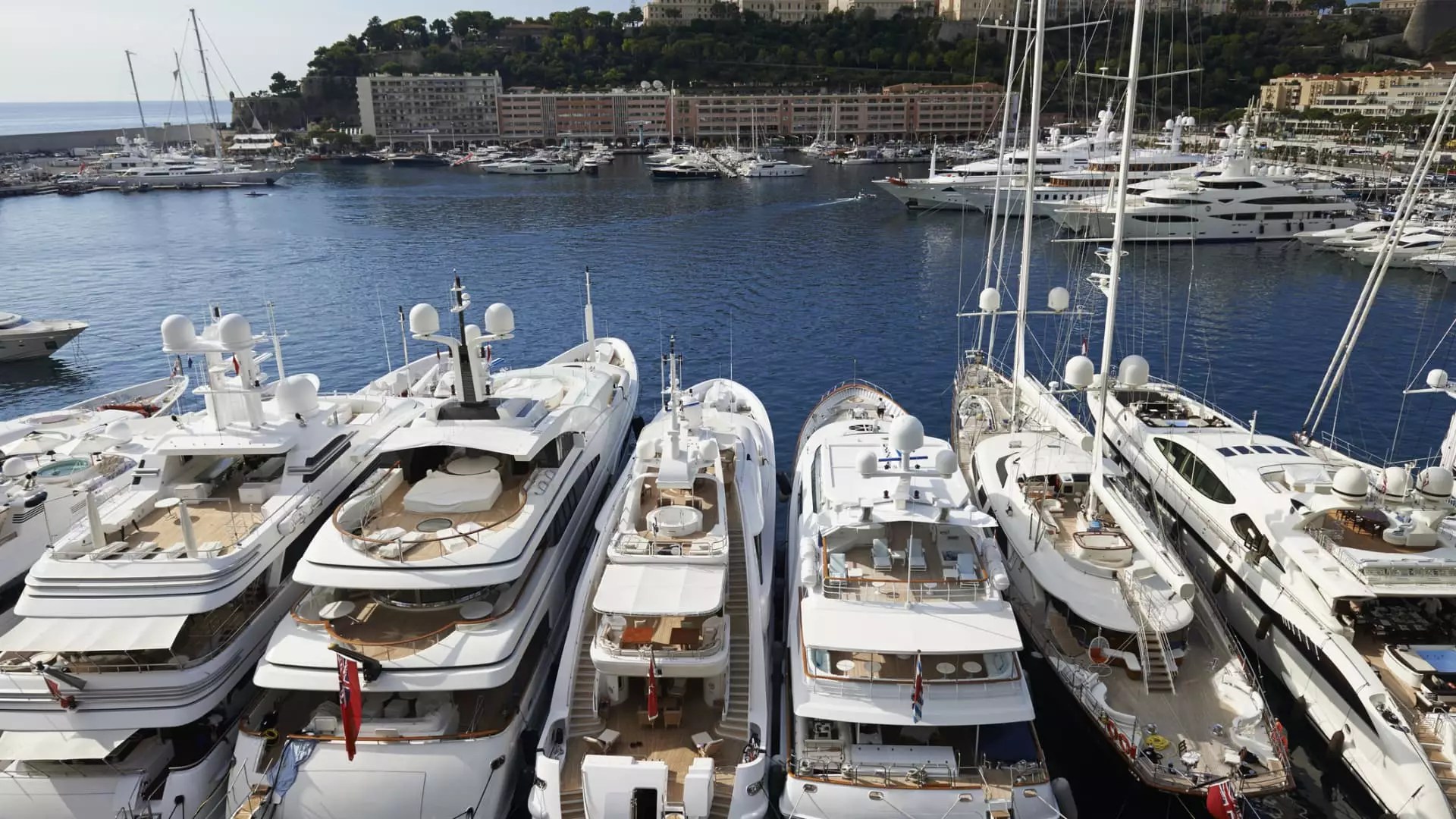In an era where economic stability and strategic global positioning are paramount, the impulsive decision to impose a 15% tariff on European-made recreational boats and yachts reveals a shortsighted obsession with economic protectionism. This move, seemingly aimed at addressing broader trade imbalances, ironically risks crippling the very luxury sector that contributes significantly to American prestige and innovation. Instead of fostering growth, this tariff threatens to erode the competitive advantage of U.S.-based yacht builders, potentially deterring high-net-worth individuals from investing in American craftsmanship or purchasing within the United States altogether.
These tariffs do more than simply increase prices; they threaten to diminish the United States’ reputation as a center for luxury maritime innovation. European shipyards, historically at the forefront of yacht engineering and design, now face the dual challenge of rising costs and potential loss of market share in the crucial U.S. sector. American buyers, who represent the lifeblood of this industry, will likely turn to alternative options, including registering yachts abroad to dodge tariffs—a practice made easier through strategic “foreign flagging.” This underscores a fundamental problem with the policy: it incentivizes loopholes while undermining American economic strength.
Policy Missteps and Their Impact on the Wealthy Class
The wealthy yacht buyers, resilient and resourceful, are already seeking ways to circumvent these tariffs, often through complex registration schemes in countries like the Cayman Islands or Malta. While such legal evasions may mitigate immediate costs, they hit at the core of national economic sovereignty. American shipbuilders, who could have benefited from a thriving domestic market, now face a decline in demand, not because of their quality or competitiveness, but because of misguided tariffs that distort fair market mechanisms.
The psychological impact on investors is just as concerning. High-net-worth individuals tend to view political risks as signals of broader instability. Imposing tariffs on their preferred luxury goods fuels uncertainty and creates a climate where American manufacturing no longer appears like the superior choice. This situation discourages future investments and innovation, potentially leading to a decline in technological advances and craftsmanship that have historically defined American yacht production.
Costly Loopholes and Winners in the Short Term
While the tariffs aim to protect U.S. industry, they disproportionately benefit larger yacht owners and brokers who can afford strategic registration and cruising permits in other jurisdictions. These wealthy clients—who make up the backbone of the luxury yacht industry—will leverage their resources to avoid paying the new tariffs, creating a bifurcation in the market: the privileged “super-yacht” owners versus the rest of the boating community. This division undermines the very fairness and open competition that free markets are supposed to foster.
Furthermore, these policies may inadvertently stimulate demand for domestic yacht builders like Westport, Trinity, and Burger Boat Company, as some customers see U.S.-made vessels as a safer, tariff-free investment. However, this short-term boost might ring hollow if trade tensions persist, and it ignores the long-term consequences of an overarching protectionist stance. Instead of nurturing a competitive environment rooted in quality and innovation, policies shift focus onto short-term political gains, risking the financial health of the American luxury yacht industry.
The Broader Economic and Strategic Consequences
Imposing tariffs on European yachts signals to the world that the U.S. is retreating from a collaborative economic approach. Such protectionism dents America’s reputation as a reliable partner in international trade, which often results in retaliatory measures that can cascade into broader economic harm. For the high-net-worth investor, this signals instability and unpredictability—precisely the environment they wish to avoid when making multi-million-dollar investments.
In the larger picture, this misguided policy reveals a fundamental misunderstanding of how global markets operate. The luxury yacht industry is intrinsically interconnected, with European design and engineering pushing American craftsmanship to new heights. To jeopardize this symbiosis for short-term political tokens is to undermine America’s position as a leader in luxury innovation. Instead of embracing open trade, the U.S. risks alienating the wealthiest clientele and ceding leadership in a lucrative niche that reflects national prestige and technological prowess.

